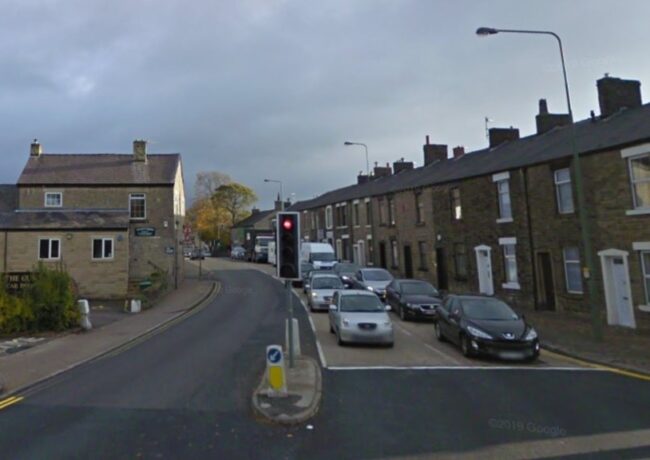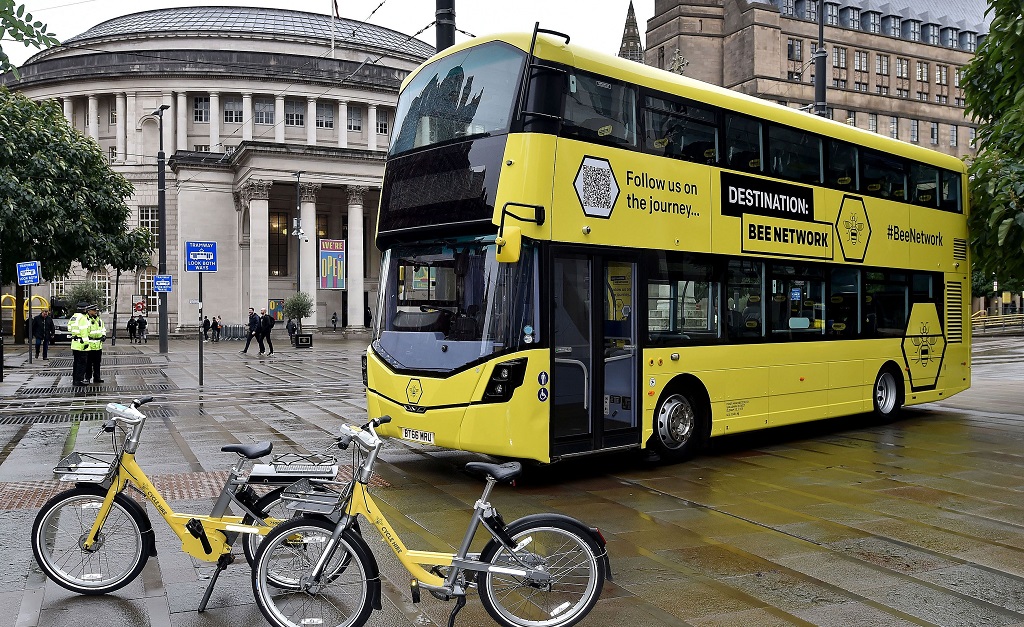Manchester pushes on with clean air strategy
The Greater Manchester Combined Authority aims to sign off a final plan to improve air quality in the city region by this summer ahead of a proposed 2022 rollout, despite a lack of clarity on funding.
An eight-week consultation has been completed for the GM CAP (Clean Air Plan), which will introduce daily charging for vehicles such as buses, HGVs, taxis and coaches across key roads in Greater Manchester’s ten boroughs – excluding motorways and trunk roads – as the Government seeks to improve urban air quality.
Over the last two years, the secretary of state for transport has instructed various key cities to implement clean air strategies “in the shortest possible time”. This has come with funding promises, with government support offered to incentivise operators of commercial vehicles and fleets to modernise to lower their emissions.
Unsurprisingly, the Covid-19 pandemic has thrown the calculations and projections around the programme into uncertainty, with city centres seeing a marked decline in traffic. Regardless, Greater Manchester has to proceed on the basis that it is expected to be ready to roll out its Clean Air Zone in 2022.
However, as outlined in a report for a GMCA meeting on 29 January, the authority is yet to hear back from the Government on various potential funding streams it has lined up.
Although the Government has accepted the need for a vehicle replacement fund for hackney carriages and light goods vehicles, it has not yet responded to Greater Manchester’s request for £80m for vans/LGVs and £10.4m for cabs.
Greater Manchester is also proposing a ‘try before you buy’ initiative for electric vehicles in the cab market to address concerns around range anxiety, operating costs and availability of charging points. But Whitehall has yet to respond to the GMCA’s request for £1.9m.
The authority has also lodged a £6.5m request to support the creation of a network of 40 electric vehicle charging points – again, the Government has yet to respond.
There is similar silence on a £9m request for support for new buses – the GMCA’s share of a £5bn spend trumpeted in the March 2020 Budget – although £14.7m has been secured for retrofitting suitable buses, a programme that started in December, according to the authority.
At the same meeting this week, the GMCA is to discuss the key trans-Pennine A628/A57 route through Tameside. Although this falls under Highways England’s remit, Tameside Council has asked that it be brought into the the Clean Air Zone strategy on the basis that its non-inclusion “leaves many residents unprotected”. The Government has agreed to consider this extension.
Despite the lack of certainty around emissions levels in the coming years, the GMCA has no option but to press on so the plan is ready by 2022, and certainly no later than 2024. As an example, it is anticipating that it will need to procure an ‘automatic number plate recognition system’, with upfront capital expenditure of £60m by this summer.
An eight-week public consultation, which prompted a defensive move from Cheshire East Council earlier this month, garnered 4,765 responses
Schemes elsewhere in the country have had mixed results so far: Bristol was close to rolling out its CAZ, but pulled back when lockdown restrictions meant emission levels dropped below the legal limit and re-consulted in late 2020. Birmingham has started its funding programme and is due to roll out its CAZ this summer.
As noted in the GMCA report, Leeds has found success with an incentive scheme. Working with a smaller geography from the start, and taking in the impact of Covid on traffic, Leeds has now dropped well within the legal limit for emissions.





Support the ban of the Bredbury Parkway Extension as it will increase the already unacceptable heavy lorry Co2 emissions through Denton otherwise the clean air exercise would be pointless.
By Derek Garner